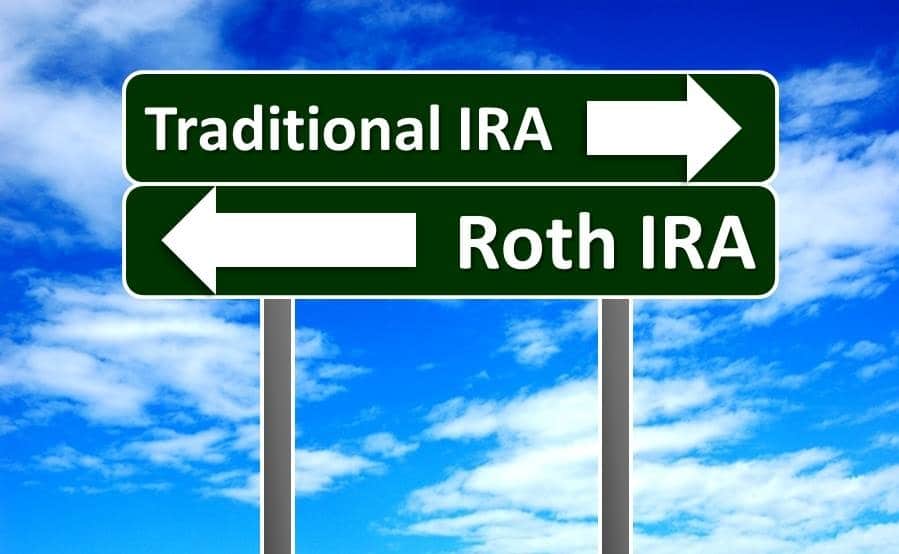Legacy Design Strategies
Omaha, NE, Minot, ND and Iowa Fall, IA Estate Planning and Elder Law Firm
Estate Planning and Elder Law Blog

FedWeek’s recent article entitled “Does a Roth IRA, or Roth Conversion Make Sense for You?” explains that with a traditional IRA, if your income is below certain levels, you make pre-tax contributions to your IRA (that you may be able to deduct) and pay your taxes when you withdraw that money after retirement, when you may be in a lower tax bracket. You’re paying those taxes on both your contributions and the earnings on those contributions. In contrast, with a Roth IRA, you contribute already taxed money to the IRA and, if your withdrawals are qualified, you pay no taxes at the time of withdrawal.
If you started your retirement savings before the introduction of the Roth or if you have had incomes too high to allow you to contribute to a Roth, you may want to move more of your retirement savings from traditional IRAs (where you pay taxes at withdrawal) to Roth IRAs (where you pay taxes up front, but benefit from tax free growth).
A Roth IRA conversion allows you to move monies from your traditional IRA into a new or existing Roth IRA. There are no income limits or limits on the amount that can be converted, but you must pay tax on all untaxed monies that you convert. Therefore, if you converted money from a traditional IRA where you were able to deduct your contributions, you’d pay tax on every dollar you converted. And if you converted money from a traditional IRA where you were not able to deduct your contributions, you’d pay tax on the amount of the conversion that was attributable to earnings. These taxes would be at your rate for ordinary income. Think about these items, before you decide to convert money from a traditional IRA to a Roth IRA:
When will you need the money? If you have an immediate need for the funds or need them to support your current standard of living, then a Roth conversion is probably not a good idea. But if you have no immediate need for the funds, a Roth conversion can be a terrific way for your money to grow tax-free over your lifetime.
Where will the money come from to pay the tax? Typically, the money to pay the tax on the Roth conversion should come from outside funds and not from a retirement account, if the conversion is to make sense. When a conversion is made, it almost always triggers a taxable event. As a result, your ability to pay that tax with outside money will go a long way in determining if a Roth conversion is right for you.
What do you think future tax rates will be? If you think that your income tax rate will be the same or higher in retirement, then converting funds to a Roth is wise. That’s because you’ll be paying your taxes at a lower rate. But if you believe your income tax rate will be lower in retirement, conversion may not be right for you.
Reference: FedWeek (March 30, 2021) “Does a Roth IRA, or Roth Conversion Make Sense for You?”

Get Started Today
Book your Free Estate Planning Consultation Now
Stay Up-To Date
Subscribe to Our eNewsletter
9859 South 168th Avenue,
Omaha, NE 68136
7 Third Street SE, Suite 202,
Minot, ND 58701
320 North Oak Street, PO Box 295,
Iowa Falls, IA 50126
